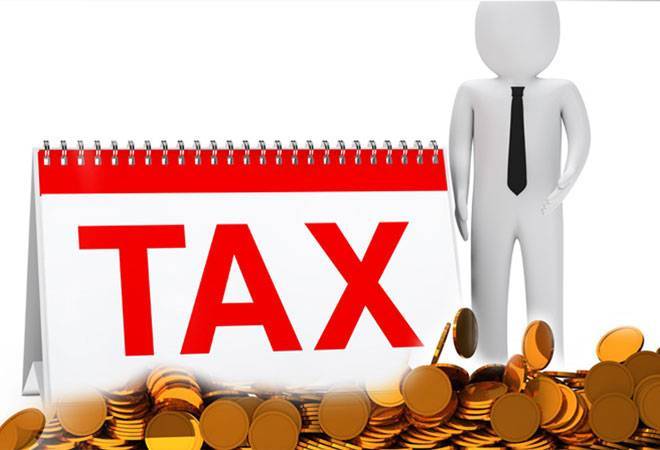Experts fault proposal to raise tax burden for highly paid workers

The government’s proposal to have high-income earners pay higher taxes is unlikely to generate as much revenue as projected, economists and tax experts have warned.
According to the experts, only a small fraction of Kenyans earn over Sh500,000 a month, and this is the group that Treasury wants taxed at the rate of 35 per cent of their income as Pay As You Earn (PAYE) tax.
However, this figure, the experts have warned, could mislead the Treasury in its expenditure estimates as it is likely to collect less than it has bargained for.
The government is under pressure to raise revenue to meet its expenditure needs, including servicing debts maturing between now and 2025.
Although he agreed raising revenue and income taxes was justified, Kwame Owino, CEO of the Institute of Economic Affairs told the Finance and National Planning Committee of the National Assembly that targeting workers with high salaries was unlikely to yield much.
“Our thinking is that the design will not raise as much revenue as anticipated given that the number of Kenyans earning half a million shillings per month and above is really small,” said Owino (pictured).
The committee has been conducting public participation on the Finance Bill, 2023, which, among other things, seeks to amend policies on income tax, Valued Added Tax (VAT), and excise duty to raise more revenues starting from July 1.
Data from the Kenya National Bureau of Statistics (KNBS) shows that only about 358,000 workers — representing roughly 2.4 per cent of Kenyans — earn above Sh100,000 per month.
President William Ruto has been talking tough on taxing this group more to shore up revenue numbers. Assuming that half of the 358,000 workers earn at least Sh500,000, it leaves the government with less than just 1.5 per cent of workers to capture in this new PAYE bracket, which will remit PAYE at a rate of 35 per cent of their gross pay.
The majority of Kenyan workers estimated to be 2.16 million, earn between Sh30,000 and Sh100,000. PAYE is currently calculated at a rate of 10 per cent for those earning up to Sh24,000 per month, 25 per cent on the next Sh8,333, and 30 per cent on the remaining amount above Sh32,333. If MPs pass the proposed Finance Bill, those earning Sh500,000 and above will pay five per cent more as PAYE.
The Institute of Economic Affairs (IEA) has instead proposed that Parliament consider a flat tax rate of between 22 and 24 per cent for those with a salary above Sh24,000.
There are further concerns that the revised PAYE tax band could create disincentives for high-income earners and increase the risk of tax avoidance and evasion. This risks further hurting economic growth.
PAYE, which is the biggest tax head that the Kenya Revenue Authority collects, grew by 5.9 per cent in April compared to March when the growth was by 13 per cent.
If passed as proposed, Kenya’s economy, especially the private sector, will find it rough to raise salaries for their workers, some of who are likely to cross to the higher tax band if they get pay increments.








